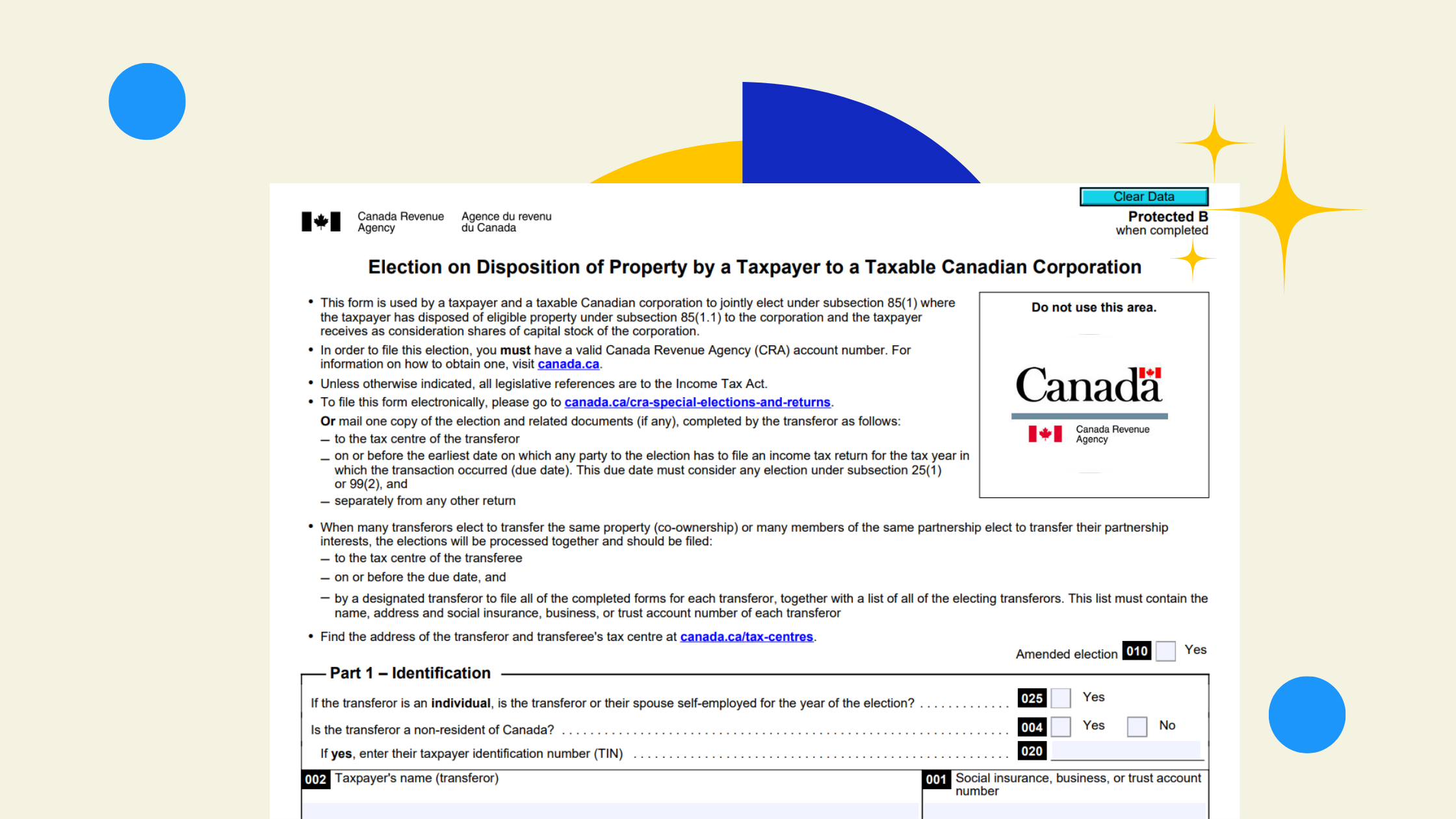As a business owner, you juggle multiple responsibilities, from managing operations to scaling growth. One of your biggest challenges is ensuring your financials are in order while staying compliant with tax regulations and making strategic financial decisions. A great accountant can remove this burden, providing clarity and direction so you can focus on running and expanding your business.
The wrong accountant, however, can slow down decision-making, provide inadequate financial insights, or even cost you more money in missed opportunities and inefficiencies. Many business owners struggle with accountants who are reactive rather than proactive, leaving them in the dark about potential tax-saving strategies or financial planning opportunities. To avoid these pitfalls, it’s crucial to ask the right questions before hiring an accountant.
By asking these three essential questions, you can ensure you're hiring an accountant who is responsive, proactive, and aligned with your business needs.
1. How Is Your Team Structured?
Many business owners assume that all accounting firms operate the same way, but the way a firm structures its team can significantly impact the level of service you receive.
🏢 The Typical Firm Structure: Slow Responses & Bottlenecks
A common setup involves one CPA overseeing a team of bookkeepers. While this may seem efficient, it often leads to bottlenecks, slow responses, and delays in getting financial insights. The CPA is often overloaded, making it difficult to provide timely strategic advice.
🔄 Outsourced Bookkeeping: A Disjointed Experience
Some firms outsource their bookkeeping to third-party providers, which can result in a fragmented experience. When bookkeeping and tax planning are handled by separate entities, communication gaps and inconsistencies can arise, leading to errors and missed opportunities for financial optimization.
✅ The Ideal Structure
Look for a firm that integrates bookkeeping, tax planning, and advisory services under one roof. A well-structured team ensures that your financial data is accurate, accessible, and used strategically to drive your business forward.
2. How Often Do You Meet with Your Clients?
The frequency of communication with your accountant is crucial for making proactive financial decisions. Many business owners only hear from their accountant once a year—when it’s time to file taxes. By then, it’s often too late to implement tax-saving strategies or make necessary adjustments to improve financial health.
📅 Why Regular Meetings Matter
A good accountant should act as a financial advisor, not just a tax preparer. Regular check-ins ensure you’re staying on track with your financial goals, avoiding costly mistakes, and taking advantage of tax-saving opportunities throughout the year.
🔍 What to Look For
Ask whether the firm offers quarterly or even monthly meetings to review financials, discuss tax strategies, and address business challenges. The more proactive the accountant, the better positioned you’ll be to make informed decisions.
3. Do You Offer Fixed or Hourly Pricing?
Accounting fees can add up quickly, and how a firm structures its pricing can impact your budget.
⏳ Hourly Billing: Unpredictable & Costly
Many traditional firms charge by the hour, which can lead to unpredictable invoices and hesitation to reach out for advice. Business owners may avoid asking critical financial questions for fear of racking up costs, leading to missed opportunities and costly mistakes.
💰 Fixed Pricing: Scalable & Transparent
Firms that offer fixed pricing provide transparency and predictability, allowing you to budget effectively. With a fixed-fee model, you can access financial guidance without worrying about escalating costs. This structure also aligns the firm’s incentives with your success—rather than billing for more hours, they focus on delivering value.
Conclusion
Hiring an accountant isn’t just about filing taxes—it’s about finding a financial partner who will help your business grow. By asking these three questions, you can ensure that you choose an accountant who is responsive, proactive, and aligned with your business needs.
Looking for an accountant who prioritizes efficiency, communication, and transparency? Let’s talk!
.png)


.png)

